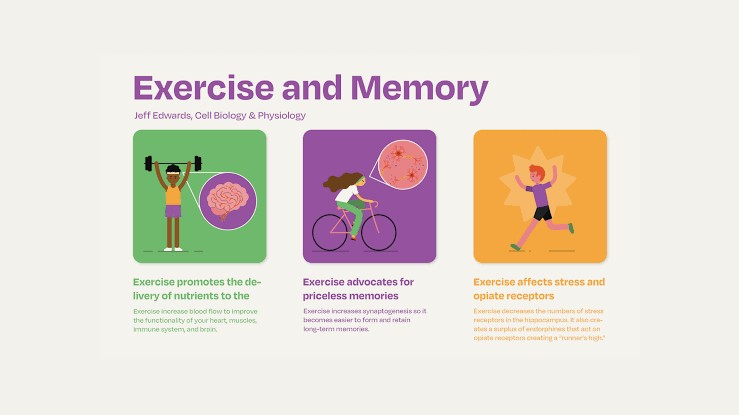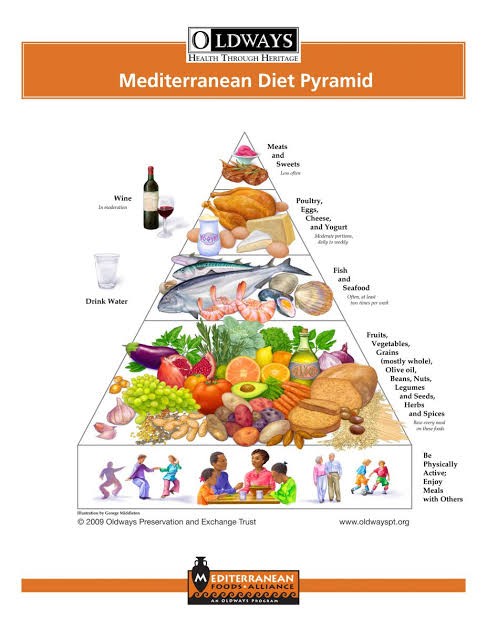Summary
Dementia — a generic term for degenerative illnesses of the brain that impair intellectual function, such as Alzheimer’s disease, vascular dementia, and Lewy body dementia—is estimated to affect over 55 million people worldwide and is among the most prevalent causes of disability in older adults. Research has shown that up to 40–45% of dementias could be prevented through the elimination of modifiable risk factors such as physical inactivity, poor diets with missing nutrients, social isolation, untreated cardiovascular conditions, and cognitive under stimulation. Guidelines internationally suggest a life-course strategy: establishing healthy habits early and continuing them into older life to develop brain resilience, commonly called “cognitive reserve,” which allows the brain to partially offset age changes and pathology. The subsequent pages elaborate on five evidence-based strategies—exercise regularly, brain-healthy nutrition, mental challenge, social interaction, and cardiovascular health—outlining their mechanisms, leading recommendations, and implementation tips.
Introduction
What Is Dementia?
Dementia is a syndrome of progressive decline in memory, thinking, behaviour, and social function, and 60–70% of the cases are due to Alzheimer’s disease. Other important types include vascular dementia, Lewy body dementia, and frontotemporal dementia, each caused by a different pathological process. Global Burden Over 55 million people globally have dementia, and about 10 million new cases annually; prevalence is projected to triple by 2050 without adequate prevention. The economic cost is more than US$1 trillion per year in care and lost productivity.
Modifiable vs. Non-Modifiable Risk Factors
Non-modifiable: age, genetics (e.g., APOE 4 allele), family history.
Controllable: poor diet, smoking and alcohol, sleep, loneliness, high blood pressure, diabetes, and overweight
Why Prevention Is Important
Findings from the Lancet Commission show that tackling key risk factors at all ages of life could prevent nearly half of all dementia. Early and sustained shift in lifestyle readies the basis for long-term brain health and delays the age of clinical onset by years.
Everyday Physical Activity
Underlying Mechanisms
Cerebral Blood Flow: Aerobic exercise enhances brain perfusion in regions accountable for memory and executive function.
Neurogenesis & Longevity: Exercise cycling and brisk walking activate growth factors (e.g., BDNF) inducing hippocampal neurogenesis and neuronal survival.
Decreased Inflammation: Habitual physical movement reduces systemic inflammation, a trigger of neurodegeneration.
Key Recommendations
Duration & Intensity: ≥150 minutes/week of moderate-intensity aerobic exercise (e.g., brisk walk, dancing) and muscle-strengthening on 2 days/week.
Variety: Add balance (tai chi, yoga) and flexibility exercises to improve overall function.
Evidence Base
Meta-analyses link regular physical activity with a 30–35% lower risk of dementia. A large Korean cohort found even low-level physical activity lowered incidence by 20–25%.
Practical Tips
Divide exercise into 10–15 minute sessions if time-constrained.
Set goals and monitor progress by wearing trackers or using apps.
Get walking groups or join online challenges as a motivation

Nutritious Diet
Protective Nutrients & Eating Habits
MIND Diet: Emphasizes green leaf vegetables, berries, nuts, legumes, whole grains, fish, poultry, olive oil, and wine—the diet linked with a 35–40% lower Alzheimer’s risk.
Healthy Diet: Vegetables-rich, fruit-rich, legumes-rich, whole grains-rich, fish-rich, healthy fat-rich; associated with increased cognitive function and slower rate of decline.
Mechanisms of Action
Antioxidants & Polyphenols: In olive oil and berries, neutralize free radicals that destroy neurons.
Anti-Inflammatory Effects: Omega-3 fatty acids in nuts and fish reduce neuroinflammation.
Glucose Regulation: Fiber and whole grains regulate blood sugar to avoid diabetes-induced vascular damage.
Practical Tips
Attempt ≥5 vegetable and fruit servings daily; include leafy greens ≥3 times/week.
Replace red meat with legumes or fish twice weekly.
Ex-virgin olive oil as primary fat; limit processed food and sugars

Stimulation of Mentation and
Thinking
Cognitive Reserve Building
Concept: Engaging brain with challenging cognitions makes it more resilient by strengthening neural networks.
Recommended Activities: Books, puzzles, strategy games, learning a second language or new musical instrument.
Evidence
Scheduled cognitive training demonstrates modest but tangible improvement in memory and executive functions, delaying development of dementia for a few years. Even passive engagement (e.g., book clubs) supports brain health.
Practical Tips
Spend 20–30 minutes per day on a novel mental challenge.
Switch activities monthly to continuously challenge varying areas of cognition.
Look into online websites offering research-validated brain-training exercises

Social Engagement
Role in Brain Health
Emotional & Cognitive Stimulation: Social interaction engages complex neural processes in communication, empathy, and problem-solving
Stress Reduction: Regular social interaction with family and friends decreases cortisol and protects hippocampal neurons
Evidence
Loneliness and social isolation are linked with a 50% higher risk of dementia, whereas healthy social relationships are related to a reduced risk of mental decline.
Practical Tips
Volunteer for a cause you care about or belong to hobby groups (garden clubs, reading clubs).
Schedule frequent phone or video calls with extended family members weekly.
Take advantage of community centers and religious organizations in reaching social connections.

Cardiovascular Health Management
Vascular Risk & Brain Function
Hypertension, Diabetes, Dyslipidaemia: All are factors in microvascular damage to the brain, accelerating neurodegeneration.
Intervention Evidence: Intensive blood pressure control reduces dementia risk by ~15% in older adults.
Key Actions
Regular Screening: Monitor BP, cholesterol, and blood glucose at least annually.
Medication Adherence: Follow prescribed regimens; talk with providers to maximize targets.
Lifestyle Synergy: Combine cardiovascular care with diet, exercise, and smoking cessation for optimal benefit.
Practical Tips
Keep track of trends with home BP monitors and share results with your health care team.
Get involved in diabetes prevention or control programs if at high risk.
Drink alcohol ≤1 drink/day for women and ≤2 drinks/day for men.
Conclusion
Combining all five strategies—exercise, balanced diet, mental challenge, social interaction, and control of cardiovascular disease—creates a synergistic system for reducing dementia risk across a lifetime. Early adoption and continued practice optimizes benefit but still significant reduction in risk is possible if change is initiated later in life. There ought to be incorporation of personal-level guidance into integrated community provision and policy support providing equitable access. Action Step: Choose one of these new habits this week—a daily walk, a Mediterranean meal, a brain game, socializing, or health checkup—and commit to it for at least four weeks to get your journey underway towards lasting brain fitness.
